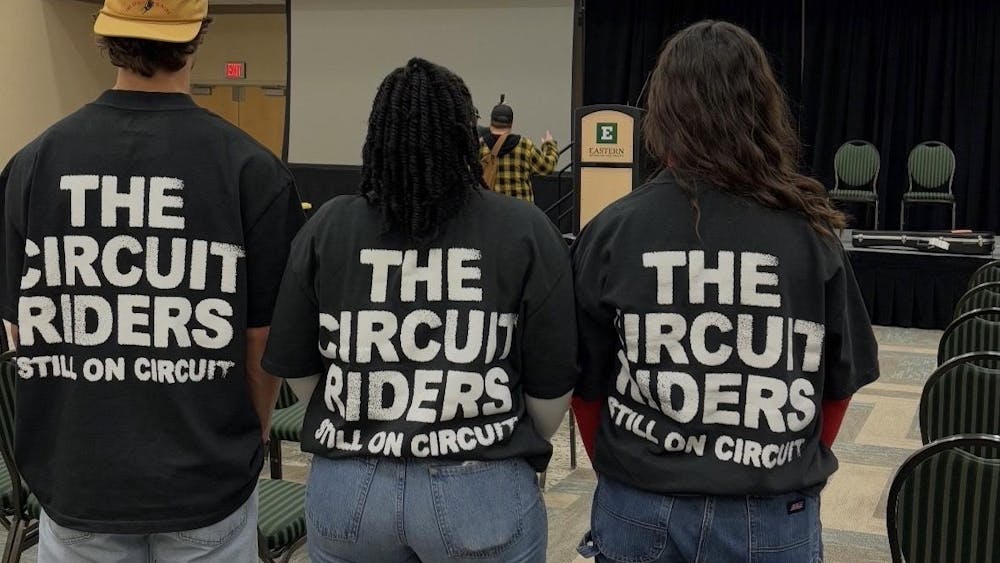When you buy a toaster, don’t you have the right to resell it? Apparently troubled record label EMI Music thinks differently. Earlier this year, EMI sued startup company ReDigi.com for what it claims is copyright infringement.
ReDigi is a website where you can sell your iTunes digital purchases after installing software that makes sure the tracks are deleted from your computer. EMI would say the toaster analogy is false, but the day before they heard of ReDigi they would probably have used it.
We have been told by the music industry that illegally downloading an album is the same as stealing a CD, but now they’re saying it’s nothing like a CD. They want to have their cake and eat it too. The wider entertainment industry, consumer rights groups and tech companies will be following this case very closely.
If EMI wins, it would set a dangerous precedent in what has been a sad decades long battle against consumers and innovations. In the late 1970s the VCR was the focus of the entertainment industries collective wrath. It was argued that being able to record things on TV was theft and that the government should mandate all VCRs be unable to record. Congress investigated the matter. Fred Rogers of “Mister Rogers Neighborhood” was even a witness in the case.
The VCR manufacturers won and were able to keep selling tape players. If someone had told me in the 1990s that something as ubiquitous as recording TV to watch later in the day was stealing, I would have thought they were completely insane. The same recording objections were brought up with cassette tapes and DVRs.
The entertainment industry has consistently been against future cash-cows. That kind of myopic thinking was the force behind the Stop Online Piracy Act, the bill that could have killed YouTube and Wikipedia earlier this year.
It would be easy to say the entertainment industry is Satan incarnate, but they are still just human beings worried about their livelihood. When something new is introduced, people will always worry about the negative impact on themselves. It is fair to be worried about piracy and lost profits, but companies like EMI need to be smarter.
Pirates will circumvent anti-piracy measures. It’s going to happen. If you want to increase revenue, you need to improve your services, not brutalize your customers or eliminate competing lawful services, as per SOPA.
It’s interesting to me that EMI was bought in September by Universal Music Group, in the midst of these proceedings. Could this be an act of desperation? With so many plots foiled and companies like Last.fm, Netflix and Spotify becoming ever more popular, are they afraid they’ll actually have to update their business model? This might be a turning point. In the push to approve SOPA, music and movie companies put a big emphasis on their contribution to the economy. According to them, everyone should be spending hundreds more dollars a year on entertainment and the loss of that money hurts America’s economy. Maybe they should accept that in this economy everyone isn’t going to buy a new album and Blu-ray Disc every week.
All attacking ReDigi does is create a hostile environment for start-ups and tech companies, which have led in innovation and job creation for two decades. EMI winning means that everyone else loses a little more freedom and the world takes a step in the wrong direction.








